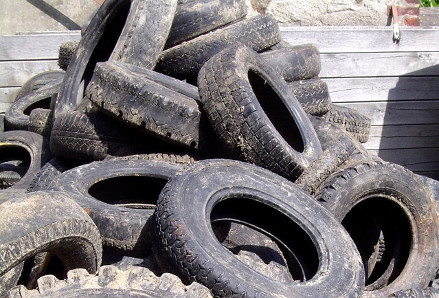Compared to other diseases whose flare-ups have captivated the media, Dengue is a slow burn. In 1970, only 9 countries experienced severe epidemics of Dengue, but today the virus circulates continuously (endemic) in over 100 countries – including parts of Africa, the Americas, the Mediterranean, Southeast Asia, and the Western Pacific. Mild cases often go unnoticed or unreported, so it’s difficult to estimate the number of people affected, but one study suggests that 390 million infections occur each year. The Dengue virus Dengue is a viral infection transmitted by daytime biting female Aedes aegypti and Aedes albopictus mosquitoes. Many people who are infected are asymptomatic, meaning they don’t have any symptoms, while others have flu-like symptoms with fever, rash, ...




![By James Gathany (PHIL, CDC) [Public domain], via Wikimedia Commons](https://blog.iamat.org/wp-content/uploads/2016/01/Aedes_aegypti_CDC-Gathany-624x453.jpg)
